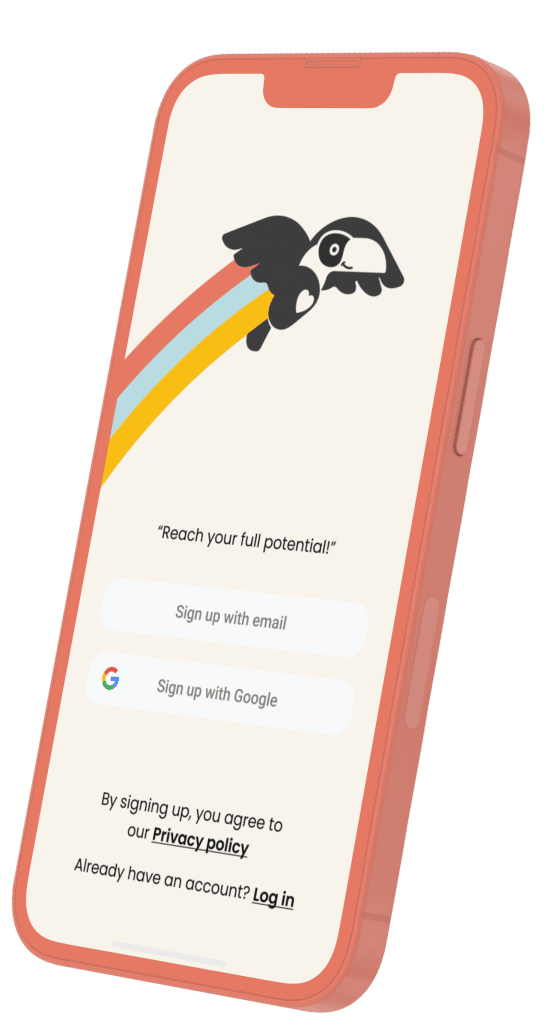At some point, almost everyone has to deal with searching for a job. After the first steps – receiving positive feedback on your CV and cover letter -, the stressful interview phase begins. Next to preparing for typical questions like “Why should we hire you” or “What are your biggest weaknesses“, you should also list up suitable questions to ask in a job interview.
How it all begins?
Usually, the application process starts with a first telephone interview in which the recruiter gets a first impression of the candidate. Typically, the basic requirements such as motivation, professional experience, reasons for a job change and general questions about availability and salary expectations are asked. This short interview is your entry ticket to the company and should not be underestimated!
TIP #1
Ideally, decide on 2-3 general questions in the first interview, and if you have made it to the next round, you can ask more specifically.
TIP #2
Do your research on the company! Avoid asking questions that could easily be answered by a quick look at the company’s website.
TIP #3
You shouldn’t be too passive, but also be careful not to shoot yourself in the foot by asking certain questions actively (salary, employee reviews, holidays, etc.).
What are the good questions to ask in an interview?
- Reason for the open position: Does the company need new hires because of scaling up, diversification, international entry to new markets, etc.
- Team structure / number of colleagues: Number and type of departments and their interconnectivity.
- Main tasks / responsibilities: Explain, that even though you are fully aware of the tasks the job description included, you would like to know more in-depth about 2-3 specific ones.
- Teamwork vs. self-responsibility: How closely are you going to work with your colleagues, what is the approximate percentage you’ll work individually.
- Ways of communication and meeting structure: What kind of channels the company is using, what are the bigger meetings to present strategic milestones, etc.
- Company cultureIf the vision & mission statement is included in the website, ask about the process they came up with it.
- Feedback and employee reviews: Whether there are structured feedback tools and 1 on 1 employee – manager meetings.
- Hierarchy structure and direct supervisor:Who is going to be your direct supervisor, how many supervisors you’ll have.
- Development opportunities: Workshops & courses, rotation programs and other learning opportunities within the company.
- On-boarding period: How long is it, what are the main areas you’ll acquire in this period.
- Working hours and traveling: How flexible is the company regarding home office, is there a compensation for commuting expenses, etc.
- Holiday agreement: How many vacation days you have in 12 months, what is the process of holiday announcements (conditions and who to ask for permission, what platform to use in order to let your colleagues know).
- Benefits: Whether the startup offers shares to its employees, what is the scheme for that and other bonuses
- Salary:Is the base salary complemented with commission or project-based valuation.
- Next Steps in the recruiting process: Notice period and further interview rounds.
You haven’t got the chance to get an interview yet? Check out the top 7 resume builders of 2020 and boost your CV!


